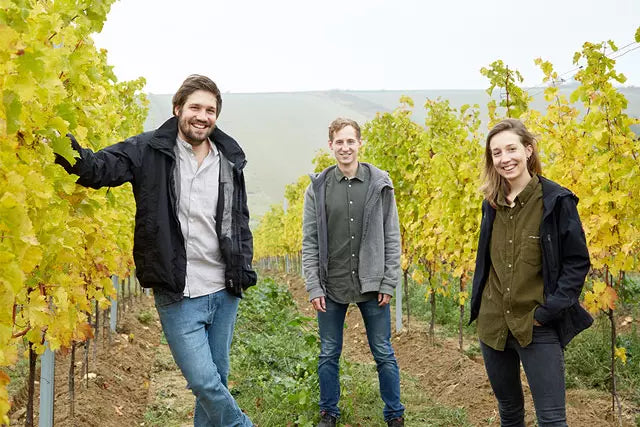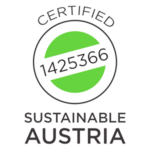Schödl Family – Bloody Muscat – 2022


Schödl Family – Bloody Muscat – 2022
Bloody Muscat is a skin fermented wine from Roter Muskateller grapes. The glossy skin shines blush red, which gives the wine its special color. A compact fruit touch together with a hint of essential oils and herbal notes; smooth tannin structure, light bodied and fun to drink.

Cool Climate

3rd Generation

Organic
-
Wine Details
Appellation Weinviertel
Variety Roter Muskateller
Vintage 2022
Vine Age 10-30yrs
Elevation 230-250m
Soil Calcareous Loess
Yield 6t/ha
Vinification Steel
Aging Large Oak
Alcohol 12.5%
Farming Practices Certified Biodynamic
-
Shipping
Default Shipping is Handled by UPS and FedEx Ground (Carrier is Dependent on State).
Requests for Expedited Shipping can be Sent to alex@barreldownselections.com
THE SCHÖDL FAMILY originally built their farm at the end of World War II as a mixed agriculture and wine operation, it was then transformed into a vineyard and winemaking focused operation in the 1980’s by Hubert Schödl, a winemaking professor. Since 2012 the winery has been run by his children Matthias, Leonhard and Viktoria. Nestled between Vienna and the Czech Republic the Weinviertel region is influenced by the Danube and March rivers and a Pannonian climate of hot, dry summers and dry, cold winters. The resulting grapes reach full ripeness and maintain refreshing acidity.

True cool climate wines. The Schödl’s focus on several unique expressions of Grüner Veltliner and St. Laurent. Chardonnay, Weisser Burgunder and Pinot Noir are also grown for the production of world class sparkling wines. In and around the village of Loidesthal the Schödl’s 15 ha of vineyards are all farmed organically.
Farmed organically with biodynamic principles since 2014, and certified organic in 2019. Low till, natural fertilization, cover crops, bees and other beneficial insects all exist in the vineyard creating robust soil and vine health
Accolades & Credentials


Farmed organically with biodynamic principles since 2014, and certified organic in 2019. Low till, natural fertilization, cover crops, bees and other beneficial insects all exist in the vineyard creating robust soil and vine health.